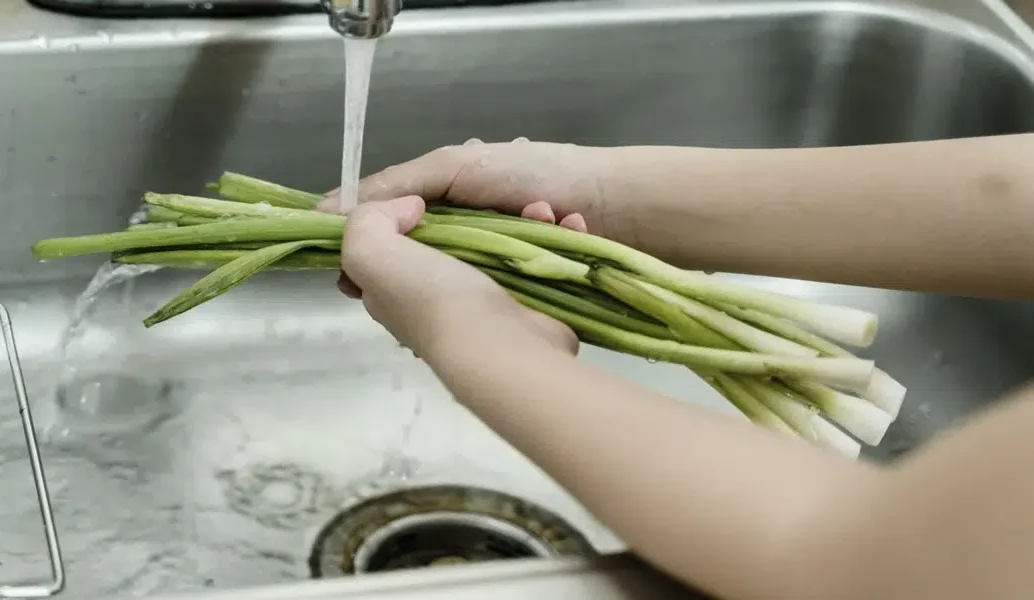Introduction
It may feel instinctive to rinse everything before cooking, but not all foods benefit from a quick wash — in fact, some become more dangerous when exposed to water. Certain ingredients can spread bacteria, compromise flavor, or even trigger contamination when rinsed under the tap. Knowing when not to wash is just as important as knowing when to clean.
Origin and Cultural Significance
In many cultures, washing food is a symbol of purity and respect. Yet with the rise of modern food safety guidelines, scientists have discovered that rinsing certain foods actually increases the risk of cross-contamination. The U.S. Department of Agriculture and global food safety bodies now actively campaign to stop washing certain raw ingredients to prevent illness.
Ingredients / Items (Quantities as Needed)
Optional Additions
- Food thermometer for proper cooking
- Paper towels for dabbing moisture
- Marinades to enhance flavor instead of rinsing
- Colander for draining (not washing!) foods
Tips for Success
- Let heat do the cleaning. Cooking kills more bacteria than water ever will.
- Avoid washing near the sink. Water droplets can splash bacteria up to 3 feet away.
- Pat dry instead of wash when surface moisture needs removing.
- Trust “pre-washed” labels — washing again can contaminate already clean produce.
Instructions – 6 Foods You Should Never Wash
- Raw Chicken – Washing spreads salmonella across your sink; cook thoroughly instead.
- Other Raw Meats – Beef or pork rinsing causes cross-contamination; heat is the real sanitizer.
- Eggs – Store-bought eggs are coated with a protective layer; washing removes it.
- Pre-Washed Greens – Labeled “Triple Washed” or “Ready to Eat”? Trust the label — re-washing reintroduces germs.
- Mushrooms – A quick wipe is fine, but soaking or rinsing makes them soggy.
- Pasta (Before Boiling) – Washing removes starch needed for sauce adhesion.
Description
Skipping the sink isn’t laziness — it’s science-backed food safety. While rinsing feels reassuring, certain foods only get riskier when exposed to water. Proper cooking, not washing, is the safest and most effective cleaning method.
Nutritional Information
- Foodborne illness risk reduction: Up to 80% when unsafe washing is avoided
- Nutrient retention: Higher when mushrooms and greens aren’t soaked
Conclusion
Not everything belongs under the faucet. Sometimes the cleanest kitchen is the one that trusts the cooking process rather than the tap. When in doubt — heat, don’t rinse.
Recommendation
Post a small “Don’t Wash These!” reminder list near your sink to create safer habits. Teach kids and guests too — especially anyone who insists on rinsing chicken!
Embracing Healthful Indulgence
True kitchen confidence comes from working smarter, not harder. Enjoy the peace of mind that comes with knowing when not to wash — and indulge guilt-free in meals that are not only delicious, but safely prepared.
